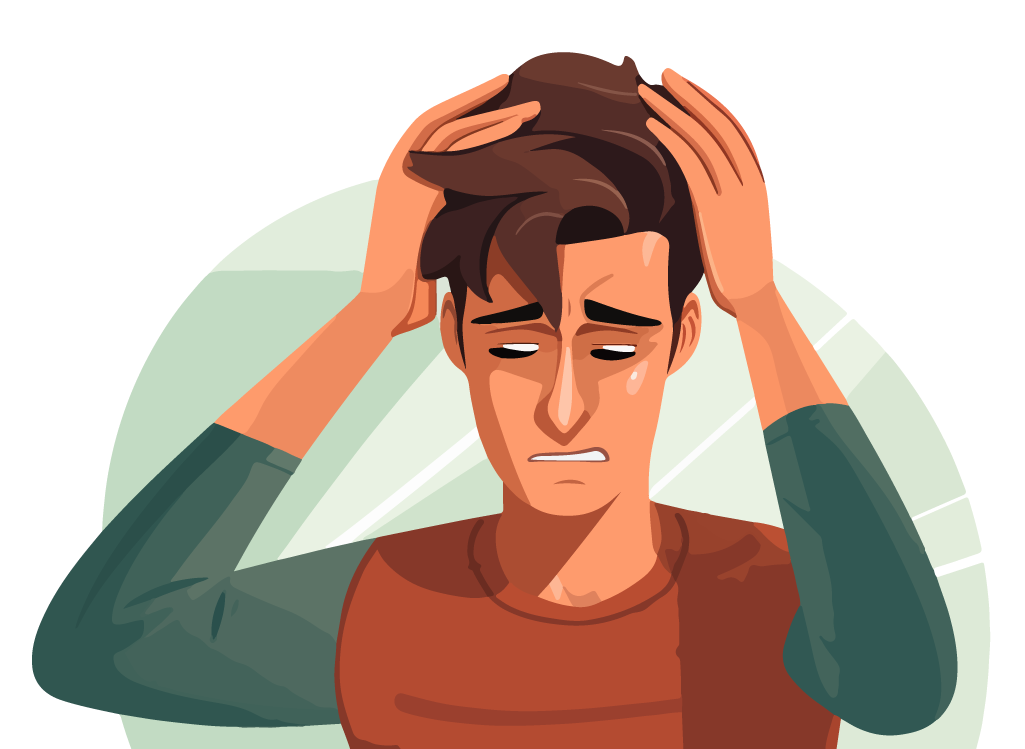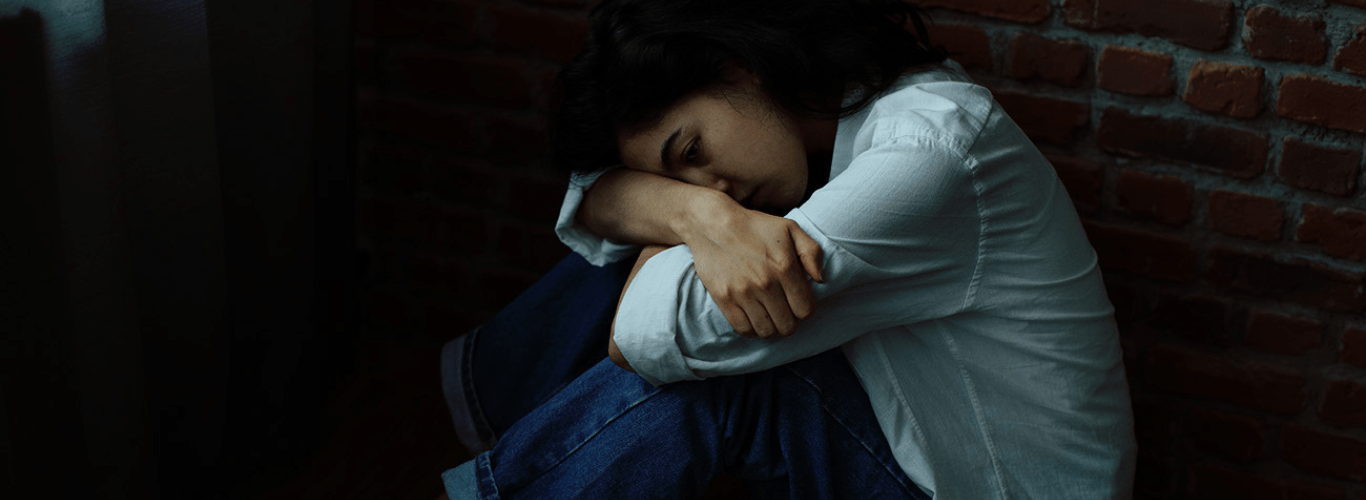Depression Therapy helps manage and alleviate symptoms of depression through approaches like Cognitive Behavioral Therapy (CBT) and counseling. It aims to improve mental health by addressing negative thought patterns and developing coping strategies.


What is Depression?
Major Depressive Disorder, or clinical depression, is a common but serious mental illness that negatively impacts how we think, act, and feel.
It is different from loss, grief, or bereavement. The death of a loved one, end of a relationship, loss of a job are all difficult experiences during which you are meant to feel sad, it is only natural, and part of the process. Grief and depression can co-exist. However, when grief and depression co-occur, the grief can be more severe and long-lasting. Distinguishing between grief and depression is important as it can help people in getting the support or treatment they need.
• Feeling sad or being low for a prolonged period of time (at least 2 weeks continuously)
• Having a loss of interest in activities one previously enjoyed
• Change in appetite which results in weight loss or gain and is unrelated to dieting
• Sleeping too much or having trouble sleeping
• Increased fatigue and loss of energy
• Increase in purposeless physical activity (e.g., inability to sit still, pacing, handwringing) or slowed movements or speech (these actions must be severe enough to be observable by others)
• Feelings of guilt or worthlessness
• Difficulty thinking, concentrating, making decisions
• Thoughts of suicide or death

Therapy for Depression
If some of these symptoms (especially the first two) are continuously felt for 2 weeks, then it is a good idea to seek help and support from a professional.
While antidepressants can modify the brain chemistry (if that is a contributing factor), therapy itself can suffice if you suffer from mild depression. For moderate to severe depression, however, therapy is used along with medication.
• CBT, or cognitive behavioural therapy is effective in treating depression as it tackles problem-solving in all three areas – thinking, feeling, and behaviour.
• It helps you identify distortions that lead to certain negative thoughts or belief systems, which can contribute to depression.
• The goal of CBT is to arm the client against these unhealthy thought patterns and give them the ability to respond to challenges and heal.
• Therapy, combined with medication if needed, can offer a comprehensive approach to managing and overcoming depression.